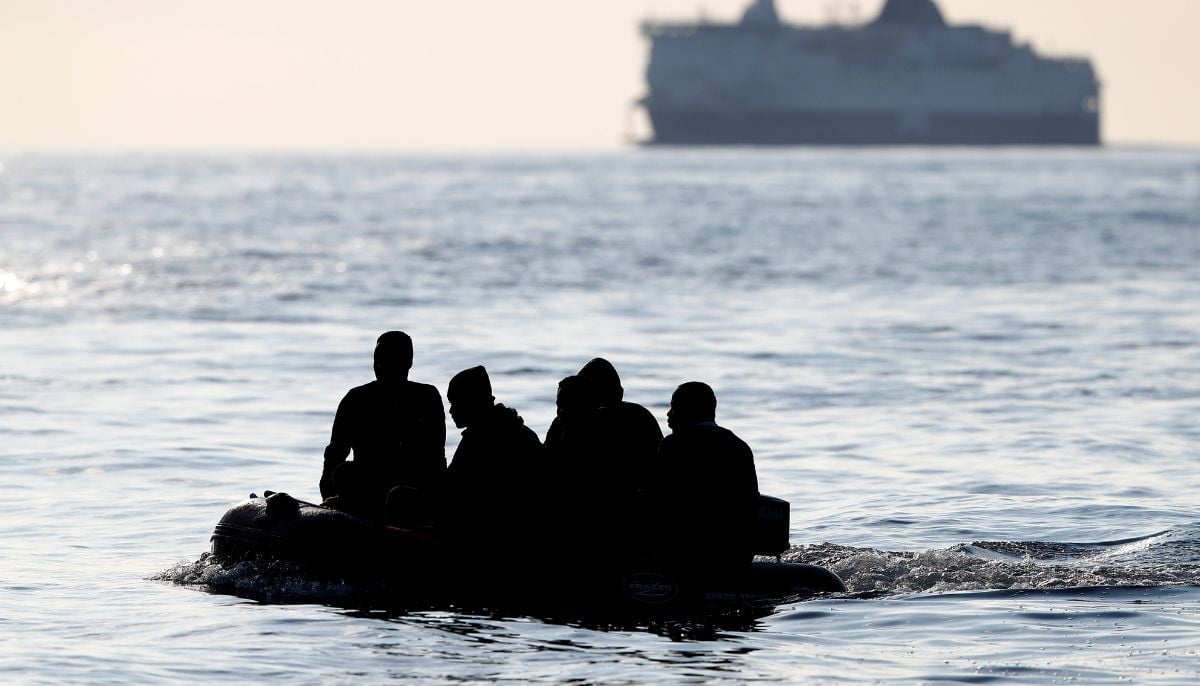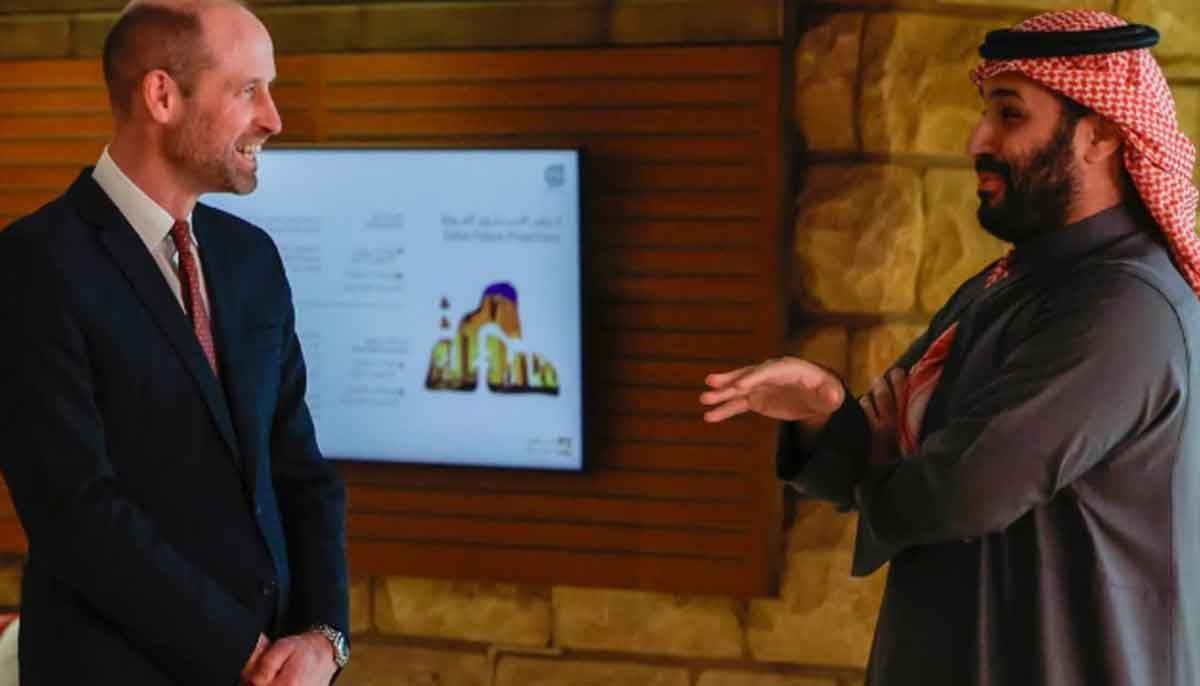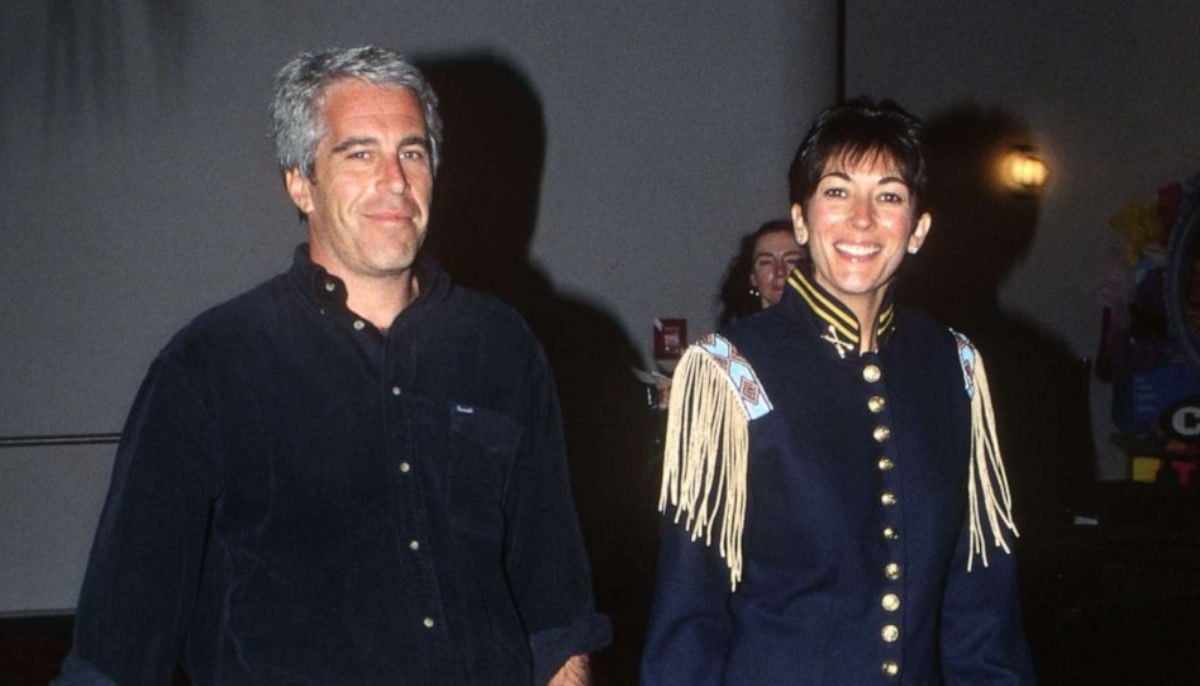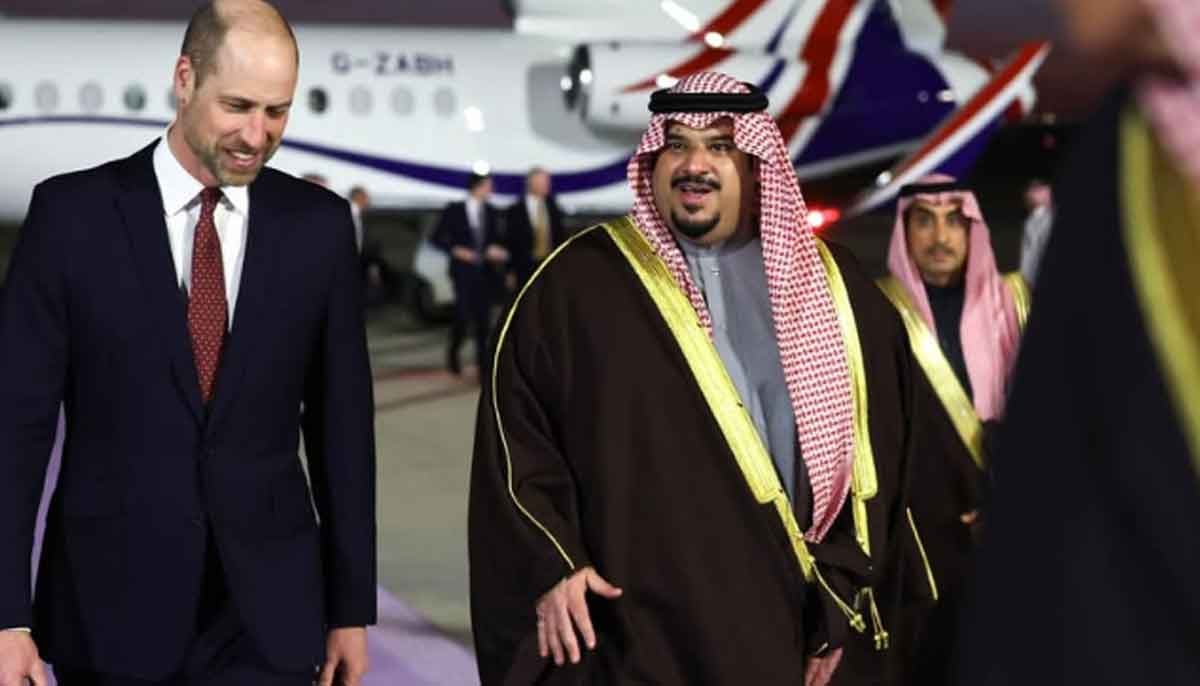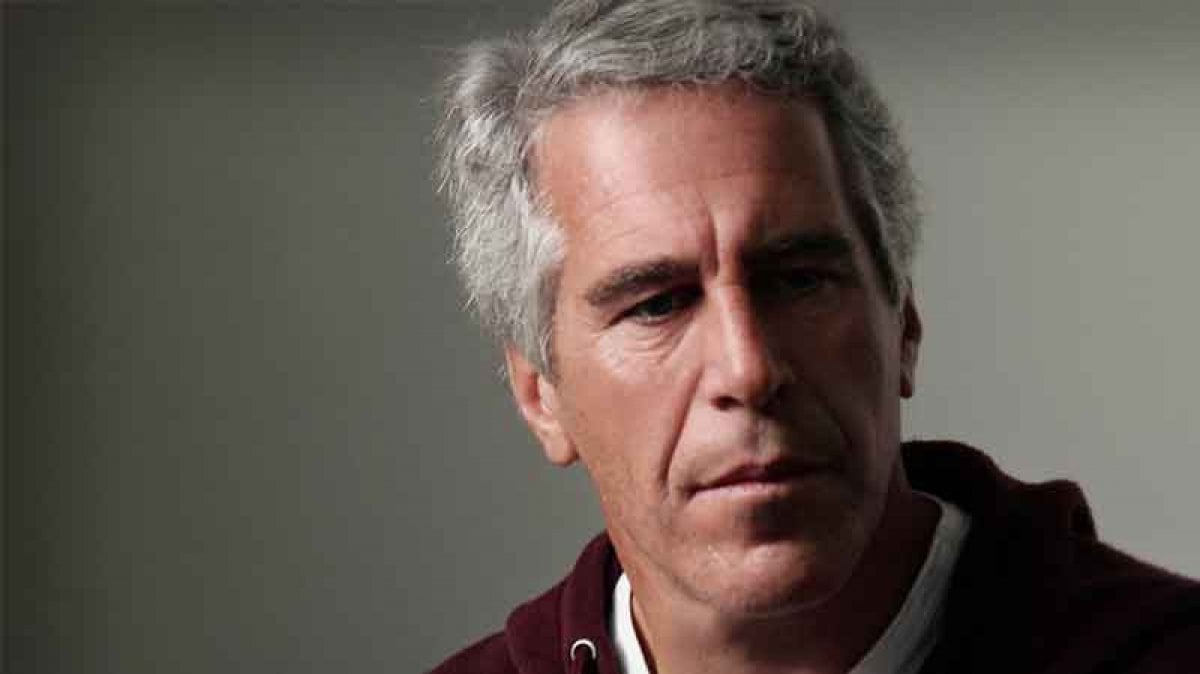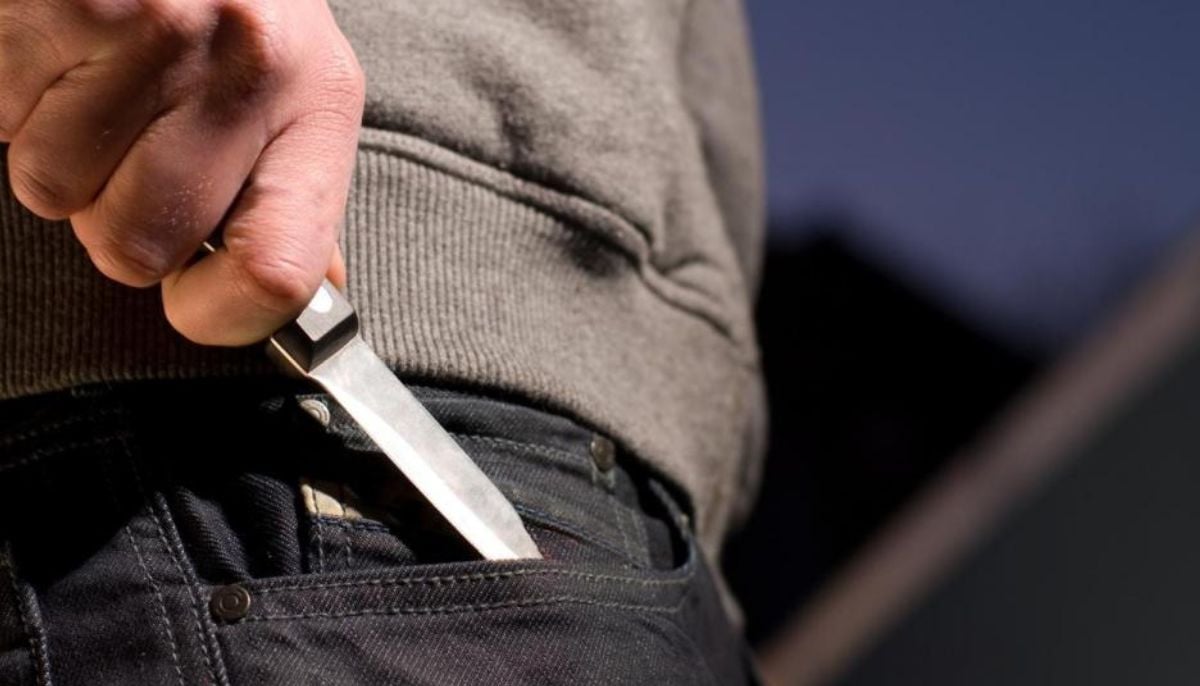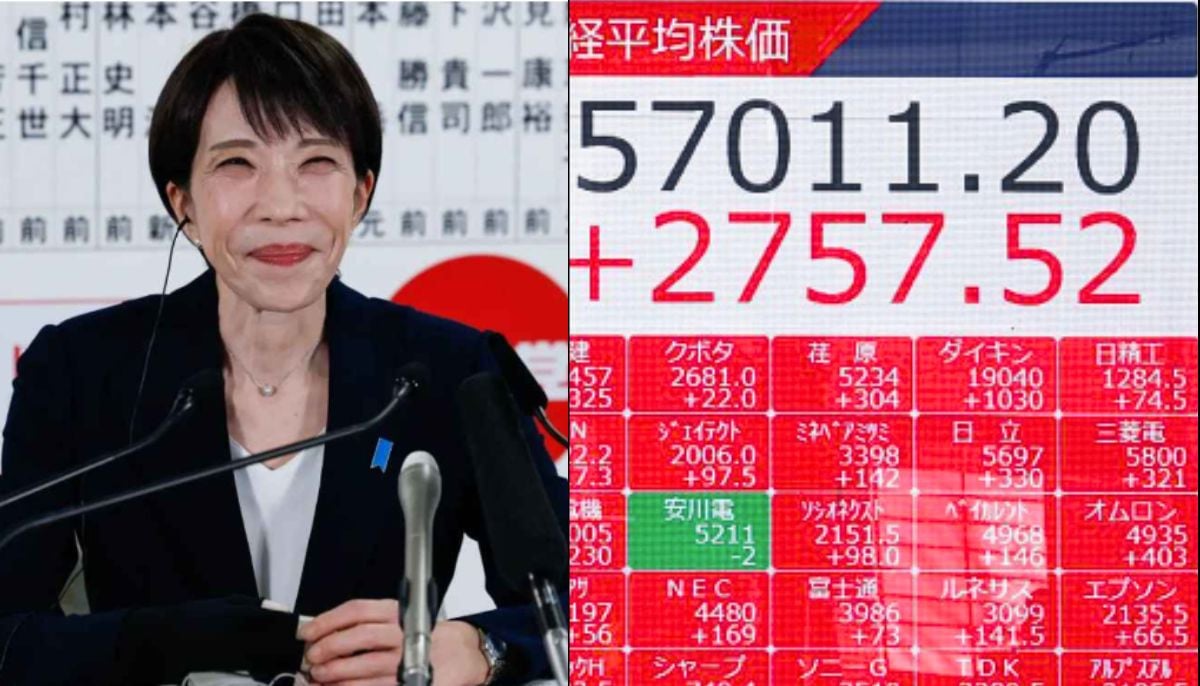Bangladesh hangs Jamaat-e-Islami leader
DHAKA: Bangladesh authorities on Saturday hanged a top Jaamat-e-Islami leader for war crimes during the country’s 1971 independence war.
Security was tightened outside the jail and across the country as specially trained convicts took Mohammad Kamaruzzaman to a makeshift gallows and hanged him using a rope, in line with Bangladeshi jail procedure.
"Mohammad Kamaruzzaman has been executed at 10:30 pm Bangladesh
By ONLINE
April 12, 2015
DHAKA: Bangladesh authorities on Saturday hanged a top Jaamat-e-Islami leader for war crimes during the country’s 1971 independence war.
Security was tightened outside the jail and across the country as specially trained convicts took Mohammad Kamaruzzaman to a makeshift gallows and hanged him using a rope, in line with Bangladeshi jail procedure.
"Mohammad Kamaruzzaman has been executed at 10:30 pm Bangladesh time (1630 GMT)," Law and Justice Minister Anisul Huq told news agency AFP.
The Jamaat leader was declared dead by a magistrate and a government doctor.
Kamaruzzaman, the third most senior figure in the Jamaat-e-Islami party, was convicted of abduction, torture and mass murder.
Bangladesh’s Jamaat-e-Islami condemned "the government´s pre-planned murder of writer, journalist and Islamic scholar" Kamaruzzaman and called a nationwide strike for Monday in protest at the hanging.
Bangladesh went ahead with the execution despite last-minute pleas by the United Nations, the European Union and human rights organisations to halt the hanging. The UN said the trial did not meet "fair international" standards.
Just hours before the execution, Kamaruzzaman´s family visited him at the prison.
"We found him in good health and not worried about his fate at all," his eldest son Hasan Iqbal told AFP after seeing his father.
"In his last comments, he regretted he did not see the victory of Islamic movement in Bangladesh. But he was confident it would be victorious here one day," he said.
Kamaruzzaman, 62, became the second Jamaat leader to be hanged for war crimes during the 1971 war. Abdul Quader Molla, Jamaat´s fourth-highest ranked leader, was hanged in December 2013.
Hundreds of Jamaat activists were killed in 2013 when the party held a series of nationwide protests to halt the war crimes trials of its leaders, and tens of thousands were arrested.
Tight security
Police said security was tightened outside Dhaka´s main jail and across Bangladesh ahead of the hanging on Saturday.
An ambulance carrying Kamaruzzaman´s body left the jail for his home village in northern Bangladesh more than an hour after the execution, jailor Farman Ali told reporters, adding that the vehicle was escorted by a convoy of elite security officers.
The family had dug a grave at his village in northern Sherpur district where he would be buried on Sunday, Kamaruzzaman´s son said.
The country’s Supreme Court cleared the last hurdle for Kamaruzzaman´s execution on Monday after rejecting his final appeal against the original death sentence handed down by a controversial war crimes court in May 2013.
He was given several days to seek clemency from the country’s President Abdul Hamid to avoid death. But his son said his father did not seek any mercy.
"My father said only Allah can give or take life, not a president," he said.
Analysts said the execution could deepen the country´s political crisis after the main opposition leader, Khaleda Zia, launched nationwide protests in January to try to topple Prime Minister Sheikh Hasina´s secular government.
Jamaat, the nation´s largest Islamic party, is an ally of Zia´s Bangladesh Nationalist Party (BNP).
At least five other Jamaat leaders, including the party´s head Motiur Rahman Nizami, have been sentenced to death and their appeals are being heard in the Supreme Court.
Since the start of the year Jamaat´s members have been accused of being behind a number of deadly firebomb attacks, including on buses. The violence in the past three months has left at least 120 people dead.
Jamaat and the BNP have said the war crimes trials are mainly aimed at silencing Hasina’s opponents rather than delivering justice.
Hasina’s government says the trials – which lack any international oversight – are needed to heal the wounds of the conflict.—AFP
Pakistan ‘carefully monitoring situation’ in Bangladesh
In a statement issued following the hanging, Pakistani Foreign Office said it was ‘carefully monitoring the situation’ in the country.
“We have taken note of the execution of the Bangladesh Jamaat-Islami leader Mr. Muhammad Kamarr-u-zaman. We have also noted the comments by the international community on the ongoing trials in Bangladesh. We are carefully monitoring the situation with regard to internal developments in that country,” it said.
The Foreign Office said that Pakistan has mutually beneficial relations with Bangladeshis as a fellow Muslim country and SAARC member.
“Our people struggled together for independence from the colonial rule. In our view, values of reconciliation, harmony and forward looking approach should guide us towards the future of peace and prosperity,” it said.
The Foreign Office said that Pakistan wishes progress, harmony and prosperity for the people of Bangladesh.
Security was tightened outside the jail and across the country as specially trained convicts took Mohammad Kamaruzzaman to a makeshift gallows and hanged him using a rope, in line with Bangladeshi jail procedure.
"Mohammad Kamaruzzaman has been executed at 10:30 pm Bangladesh time (1630 GMT)," Law and Justice Minister Anisul Huq told news agency AFP.
The Jamaat leader was declared dead by a magistrate and a government doctor.
Kamaruzzaman, the third most senior figure in the Jamaat-e-Islami party, was convicted of abduction, torture and mass murder.
Bangladesh’s Jamaat-e-Islami condemned "the government´s pre-planned murder of writer, journalist and Islamic scholar" Kamaruzzaman and called a nationwide strike for Monday in protest at the hanging.
Bangladesh went ahead with the execution despite last-minute pleas by the United Nations, the European Union and human rights organisations to halt the hanging. The UN said the trial did not meet "fair international" standards.
Just hours before the execution, Kamaruzzaman´s family visited him at the prison.
"We found him in good health and not worried about his fate at all," his eldest son Hasan Iqbal told AFP after seeing his father.
"In his last comments, he regretted he did not see the victory of Islamic movement in Bangladesh. But he was confident it would be victorious here one day," he said.
Kamaruzzaman, 62, became the second Jamaat leader to be hanged for war crimes during the 1971 war. Abdul Quader Molla, Jamaat´s fourth-highest ranked leader, was hanged in December 2013.
Hundreds of Jamaat activists were killed in 2013 when the party held a series of nationwide protests to halt the war crimes trials of its leaders, and tens of thousands were arrested.
Tight security
Police said security was tightened outside Dhaka´s main jail and across Bangladesh ahead of the hanging on Saturday.
An ambulance carrying Kamaruzzaman´s body left the jail for his home village in northern Bangladesh more than an hour after the execution, jailor Farman Ali told reporters, adding that the vehicle was escorted by a convoy of elite security officers.
The family had dug a grave at his village in northern Sherpur district where he would be buried on Sunday, Kamaruzzaman´s son said.
The country’s Supreme Court cleared the last hurdle for Kamaruzzaman´s execution on Monday after rejecting his final appeal against the original death sentence handed down by a controversial war crimes court in May 2013.
He was given several days to seek clemency from the country’s President Abdul Hamid to avoid death. But his son said his father did not seek any mercy.
"My father said only Allah can give or take life, not a president," he said.
Analysts said the execution could deepen the country´s political crisis after the main opposition leader, Khaleda Zia, launched nationwide protests in January to try to topple Prime Minister Sheikh Hasina´s secular government.
Jamaat, the nation´s largest Islamic party, is an ally of Zia´s Bangladesh Nationalist Party (BNP).
At least five other Jamaat leaders, including the party´s head Motiur Rahman Nizami, have been sentenced to death and their appeals are being heard in the Supreme Court.
Since the start of the year Jamaat´s members have been accused of being behind a number of deadly firebomb attacks, including on buses. The violence in the past three months has left at least 120 people dead.
Jamaat and the BNP have said the war crimes trials are mainly aimed at silencing Hasina’s opponents rather than delivering justice.
Hasina’s government says the trials – which lack any international oversight – are needed to heal the wounds of the conflict.—AFP
Pakistan ‘carefully monitoring situation’ in Bangladesh
In a statement issued following the hanging, Pakistani Foreign Office said it was ‘carefully monitoring the situation’ in the country.
“We have taken note of the execution of the Bangladesh Jamaat-Islami leader Mr. Muhammad Kamarr-u-zaman. We have also noted the comments by the international community on the ongoing trials in Bangladesh. We are carefully monitoring the situation with regard to internal developments in that country,” it said.
The Foreign Office said that Pakistan has mutually beneficial relations with Bangladeshis as a fellow Muslim country and SAARC member.
“Our people struggled together for independence from the colonial rule. In our view, values of reconciliation, harmony and forward looking approach should guide us towards the future of peace and prosperity,” it said.
The Foreign Office said that Pakistan wishes progress, harmony and prosperity for the people of Bangladesh.
-
Ghislaine Maxwell will not answer Congress questions on Epstein
-
Kensington Palace announces Prince William's arrival in Saudi Arabia
-
Super Bowl 2026: Why didn't Epstein survivors ad air on TV?
-
Girl and grandfather attacked in knife assault outside Los Angeles home
-
Super Bowl halftime show 2026: What did Trump say about Bad Bunny?
-
Former NYPD detective says Nancy Guthrie's disappearance 'could be hoax'
-
Japan Elections: Stock surges record high as PM Sanae Takaichi secures historic victory
-
$44B sent by mistake: South Korea demands tougher crypto regulations
